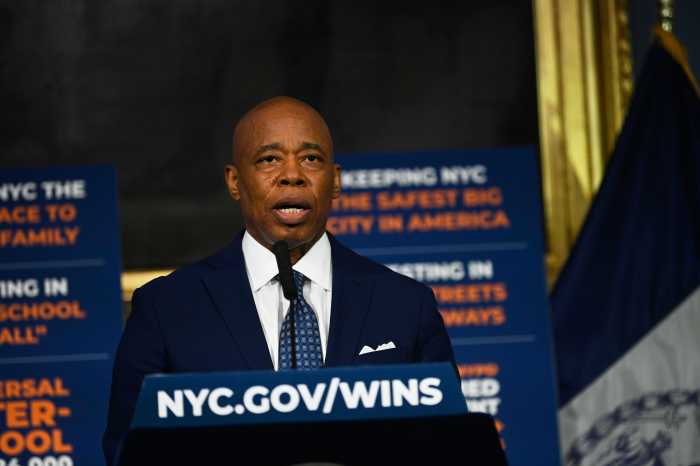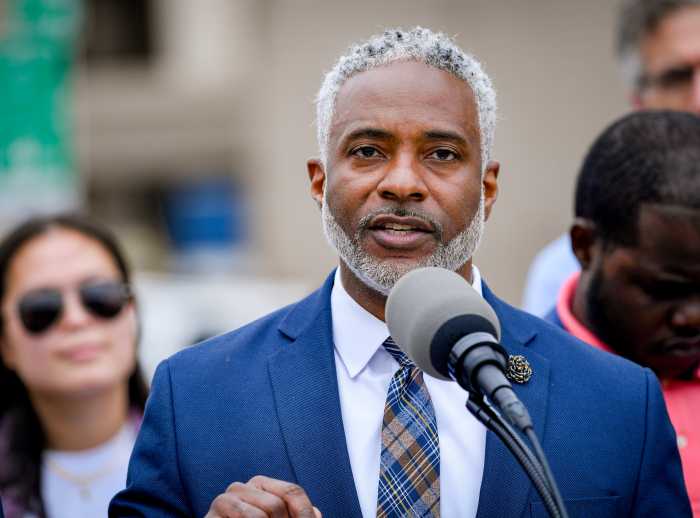You know the adage: Don’t get too close to the sun. Especially if the sun is Donald Trump.
The ousting of National Security Adviser John Bolton on Tuesday was perfectly predictable, if for no other reason than Bolton had strong ideas and strong ideas often run into practicalities like getting along with others.
The White House is a sandbox, and you have to play well with others. Strong ideologues like Bolton often prefer to work alone and when they need to bend, they often break. Hawks like Bolton, who have immovable objects they like to call ideals, are not often good dealmakers nor honest brokers. A national security adviser has to mediate among an alphabet soup of Washington influential agencies that always present varied options and interests.
For instance, Bolton’s strong-held position that the United States should not do business with the Muslim world ran headlong into the hard work of U.S. Special Envoy Zalmay Khalilzad, who has worked to forge an agreement with the Taliban in Afghanistan, and headlong into President Trump’s dream of getting Iran to the table to make a deal on nuclear weapons.
Getting along in Washington is hard. Bolton was never going to get along with Congress. He served as the U.S. ambassador to the UN from the summer of 2005 to December 2006. But that was a recess appointment by President George W. Bush from which Bolton had to resign because he was unlikely to win Senate confirmation. With a presidential election looming in 2020, Congress matters, even to Trump. If you annoy too many people in town, as Bolton did, it is hard to win a political fight.
Throwing your weight around Washington is also hard. Bolton never minded standing in the back of the room with his arms folded and a look of disgust on his face. But when he really had to throw his weight around, he apparently bumped into Trump, another political boxer who likes to own the ring.
Still, I give Bolton credit. He has principles, just not ones I agree with, such as non-engagement, non-diplomacy, use of force at all costs, and grand designs for U.S. unilateralism at a time of global connectivity.
If only he knew how to better connect in Washington, Bolton might still have Trump’s ear.
Tara D. Sonenshine, a former U.S. undersecretary of state, advises students at The George Washington University.



























